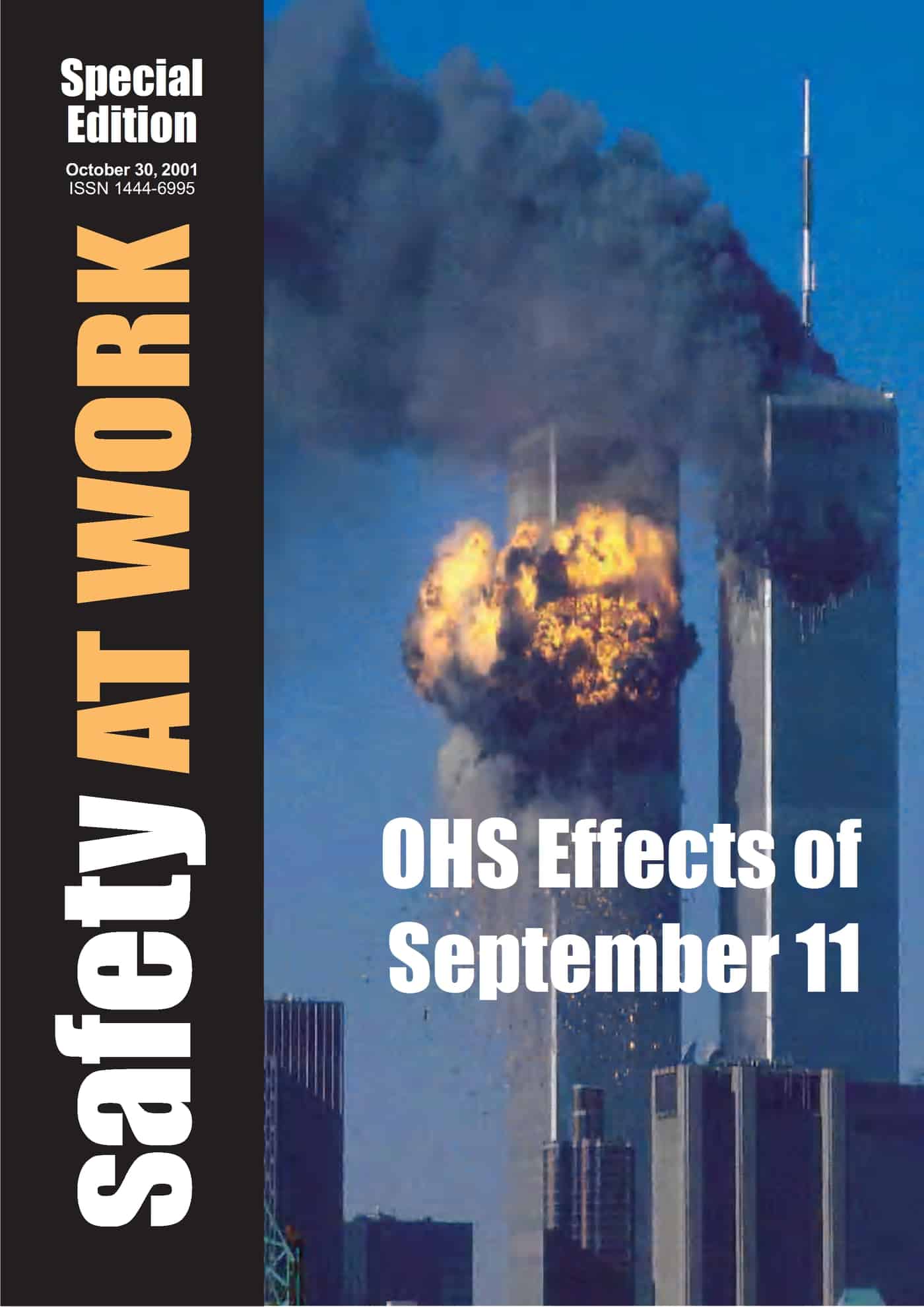Sometime ago SafetyAtWorkBlog wrote that “engagement” was just a new term for “consultation”. Rebadging or rebranding occurs in the safety discipline as much as any other but our internet ears pricked up at some recent comments in a Canadian podcast from Safety Excellence.
Shawn Galloway and Terry of ProACT Safety is discussing traditional approaches to safety management and how they fit into his philosophy of safety excellence. They say this about behavioural-based safety (BBS):
“[People] come back in with advanced strategies, like behavior-based safety and it’s the same old thing. Everything on the behavior-based safety list is already covered by a rule or procedure in traditional safety.
A lot of times it’s an admission of failure of their traditional safety program…”
It is refreshing to hear a BBS specialist acknowledge that the role for BBS is to progress safety beyond compliance and that compliance strategies, what Galloway describes as “traditional safety”, are fundamental to a company’s safe operation.
For those enlightened safety professionals who seek a deeper understanding of their discipline thr0ugh alternate perspectives, this particular podcast is very good.
The full podcasts are often worth listening to as they discuss safety culture issues, performance indicators and many more of the current safety management concepts.



